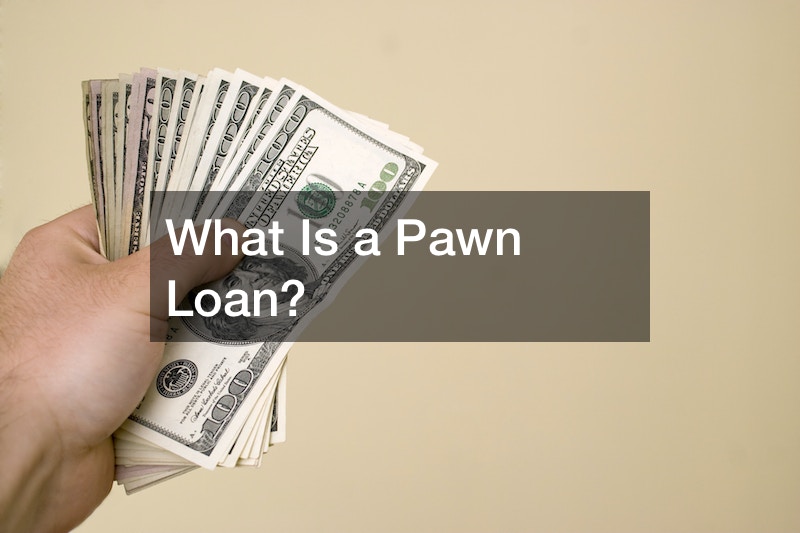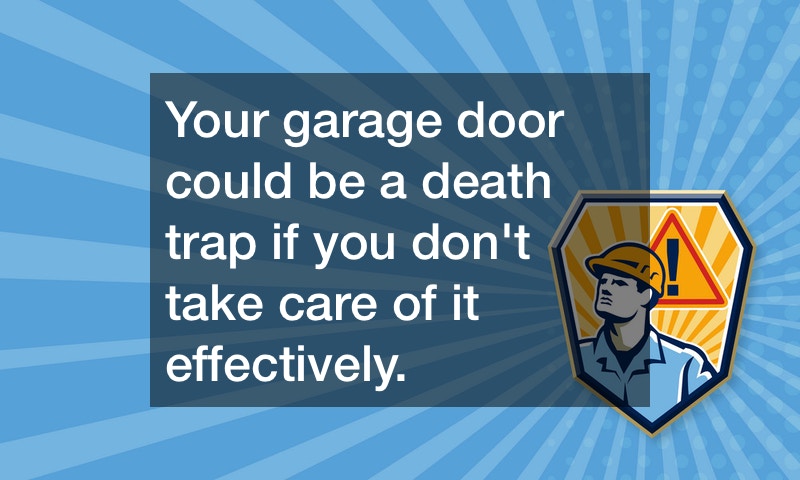
A pawn loan is a unique form of short-term collateral-based lending offered by pawn stores. These loans allow individuals to borrow money against items of value they own. Here’s a closer look at how pawn loans work and their significance in the world of finance:
1. Collateralized Borrowing: Pawn loans involve using personal items, such as jewelry, electronics, or collectibles, as collateral for the loan. The value of the item determines the loan amount.
2. Simplicity and Accessibility: Pawn loans are relatively straightforward, Unlike traditional bank loans involving credit checks and lengthy approval processes. The borrower brings the item to a pawn store, and the loan is granted upon assessment.
3. No Credit Check: Pawn loans can be appealing for those with poor credit or no credit history, as they are not dependent on credit scores.
4. Loan Terms: The loan term typically ranges from a few weeks to a few months. During this period, borrowers can repay the loan and interest to retrieve their collateral.
5. Risk and Collateral: If borrowers cannot repay the loan, pawn stores can sell the collateral to recover their funds. This means borrowers won’t face debt collection efforts or negative credit consequences.
6. No Obligation: One of the key advantages of pawn loans is that borrowers are not tied to the loan beyond the agreed-upon term.
With the flexibility of collateral-based lending, the borrower can navigate temporary financial challenges more effectively while retaining ownership of their valuable possessions.
.





